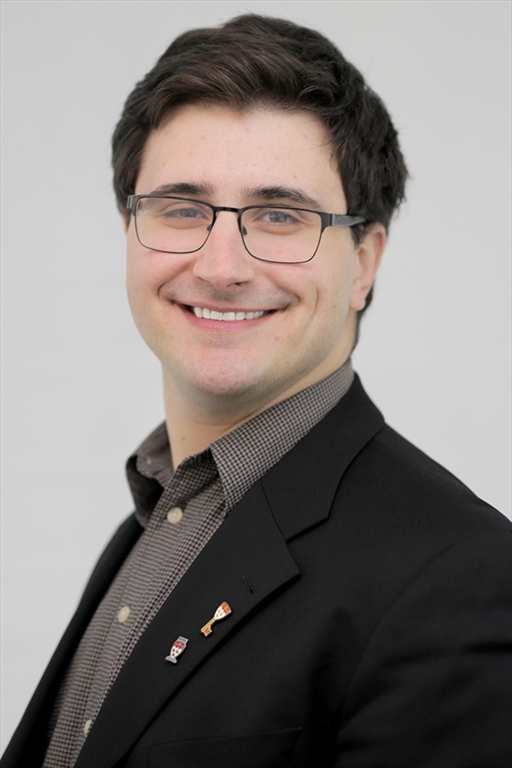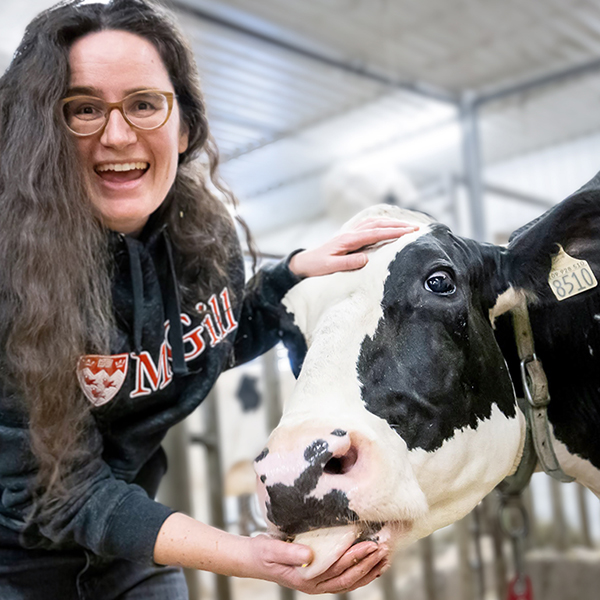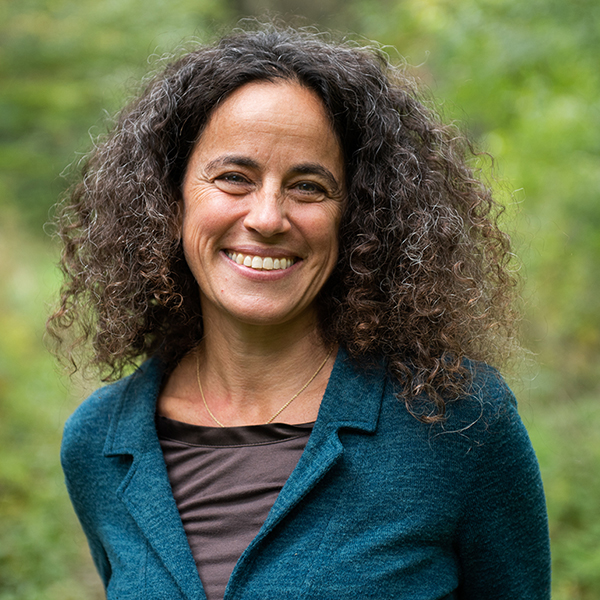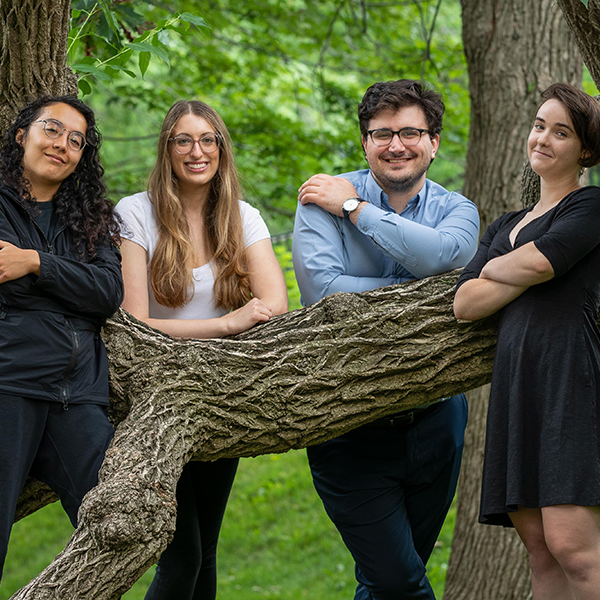Artificial Intelligence: Depending on how optimistic a person you are, the increasingly pervasive and invisible technology may be humanity’s bane or boon. AI systems will replace some jobs, but also create new ones. Will robots replace us, or serve us?
For two startups launched by McGill alumni (and supported by McGill faculty), AI’s promise far outweighs its perils.
Erudite AI and aifred health are both ranked in the top 10 of the 62 teams that remain in the hunt for the $5-million IBM Watson AI XPrize. Yes, that’s the same Watson that, despite answering that Toronto was a U.S. city in its 2011 Jeopardy! match, handily defeated the game show’s two human champions. The four-year global XPrize competition incents teams to create advanced, scalable applications that tackle humanity’s greatest challenges. Teams are winnowed every year until the final three compete at TED2020.
Erudite AI
When a private tutor helped Patrick Poirier, MSc’10, upgrade his 30 mark on a calculus exam to a 94 on a retest, he was convinced of tutoring’s value. But he also knew not everyone could afford paying $40 per hour.
Decades later, the former high-school dropout launched Erudite AI. His startup developed a games-based learning platform, which placed well in the 2014 McGill Dobson Cup. The team transformed that initial concept into ERI, a free, AI-powered matchmaking service for high school students to tutor each other. Associate professor of computer science Doina Precup, one of Canada’s leading AI experts, currently serves as a technical advisor for the Erudite AI team.
For a tutoring platform, math makes a logical starting point: it’s a universal language for people; it’s an easy language for computers to interpret; and, as any math teacher knows, it presents the highest demand for tutoring. All this adds up to two key business advantages: a large potential network and client base, and rapid data acquisition, “which is critical to your competitive edge,” explains Poirier, “because AI’s accuracy increases with the amount of data.”
The incentive to tutor is intrinsic, explains Poirier: a desire to help others – and oneself. “If a student had difficulty with a topic and sought help through Erudite AI, in the following days we’ll ask them to tutor someone – to reinforce their own learning.”
The platform’s revenues would eventually come from the small proportion of users willing to pay for a more expedient lesson from an advanced tutor. Those paid tutors could be high-schoolers who have qualified to charge for their services by improving their skills on the platform – an extra motivator. After starting with algebra, Poirier hopes to extend the subjects tutored to geometry, then the sciences.
aifred health
David Benrimoh, MDCM’16, a psychiatry resident at the McGill University Health Centre, aims to use machine learning to improve the efficacy of mental health treatment. What Benrimoh calls “a really complicated problem with many moving parts” may just make it the perfect application of AI.

David Benrimoh
Credit: aifred health
Take electroencephalograms (EEG). A clinician can use AI to analyze these brainwave recordings to test existing theories, plus, armed with enough data, “the AI may detect patterns we hadn’t thought of before,” says Benrimoh. “The nice thing about using AI is you can do both.” Add in copious data from clinical trials and other sources in genetics, endocrinology, immunology, metabolic chemistry, neuroimaging, and multiple types of therapy, and machine learning could help clarify some very complex relationships—and improve patients’ lives sooner.
Aifred health’s final product will be a full-package measurement-based care application. The patient, whether new or in treatment for years, will be able to track his moods, symptoms and goals, and even communicate with his physician through secure messaging. The doctor can choose from the platform’s evidence-based recommendations for drug treatments and much more: psychotherapy, exercise, yoga, meditation and mindfulness—the full suite of treatment options. “They’re only recommendations,” explains Benrimoh. “The clinician always has control over what she chooses to prescribe. But it presents options to make a personalized decision that just isn’t possible without a support system to help you analyze and navigate through all the evidence.”
And the business model? “Once we get past the initial hurdles of rolling it out and proving it’s clinically effective, it’s going to be a no-brainer,” says Benrimoh. “It would provide any healthcare system an alternative that can increase the volume, quality and effectiveness of treatment. That’s of great value. In the end, the patients and their families benefit.”
The aifred health team is backed by a group of advisors drawn from the faculty ranks of McGill, the University of Toronto, the Université de Montréal and other institutions. With Montreal’s rare leadership in both the deep learning and reinforcement learning branches of AI, plus the expertise at McGill and the Montreal Neurological Institute, Benrimoh believes his team is uniquely positioned to start translating its humanitarian goals into actual practice. Indeed, last December aifred health was ranked second overall in the XPrize competition.
Both teams are working hard to launch their platforms in the coming months. Benrimoh plans to release a ‘lite’ version of his app this summer, to start comparing and honing the AI’s performance versus conventional treatment procedures. Poirier hopes Erudite AI will go live by September. That’s when all competition entrants owe their next annual progress report to the XPrize jury, to advance to the next round by demonstrating just how close they are to helping AI augment, rather than replace, humans. When it comes to humanity’s prospects in the brave new world he is helping shape, Benrimoh says, “I’m not scared of AI. It all depends on who’s implementing it, and how it’s implemented, and why. The why is very important.”
Poirier concurs, adding, “I’m optimistic—that’s why I’m an entrepreneur.”


